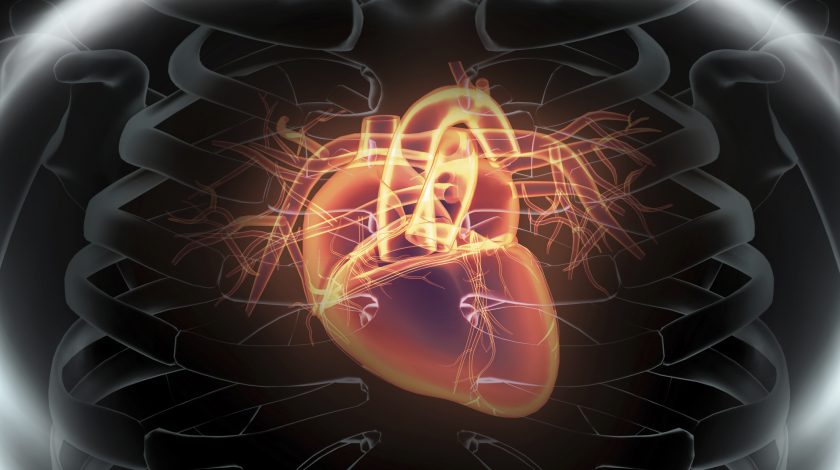Blow for Novartis as heart failure drug flops

Novartis’ heart failure drug serelaxin has failed in a late-stage trial, casting major doubts over the drug once seen as a potential blockbuster.
Some analysts thought that sales of serelaxin could exceed $2 billion if approved – but this looks increasingly unlikely, as it has already been rejected a three years ago by regulators in the US and EU.
Novartis’ chief medical officer, Vas Narasimhan, said the company will analyse the latest trial phase 3 data, but this is likely to be the end of the road for serelaxin.
Shares in Novartis ticked down to 73.3 Swiss francs ($73.8) following the news.
Novartis had been testing serelaxin in patients with acute heart failure, which may occur as a rapid deterioration of existing heart failure, or may be the first presentation of the disease.
Often fatal after one or more events, acute heart failure is the most common cause of hospitalisation in patients over 65 years.
But the RELAX-AHF-2 trial missed primary endpoints of reduction in cardiovascular death through day 180 , or reduced worsening of heart failure through day five, when added to standard therapy.
The large, multicentre randomised-controlled trial involved 6,600 patients hospitalised for AHF and had been running since October 2013.
Regulators in Europe and the US rejected serelaxin in early 2014. Experts sitting on the FDA’s Cardiovascular and Renal Drugs Advisory committee said back then that trial data failed to provide evidence of efficacy in treating shortness of breath and rate of heart failure.
Europe’s CHMP had similar concerns about efficacy and also had doubts about the trial design and how effectiveness was analysed.
The Swiss pharma had hoped serelaxin would build on its recently launched chronic heart failure drug Entresto, which has got off to a disappointing start commercially. Last year saw Entresto sales increase to $170 million, and Novartis hope to further grow revenues this year after it was included in treatment guidelines in the US and Europe.
Novartis is also developing another heart drug, canakinumab, which is in a phase 3 trial assessing whether it can reduce stroke, heart attack or death risk in patients who have had heart attacks or with a high degree of vascular inflammation.
Meanwhile, competition in the therapy area is heating up. Bayer and Merck's vericiguat is in phase 3 trials, while Boehringer Ingelheim and Lilly's diabetes drug is also now in late-stage trials for the condition.












